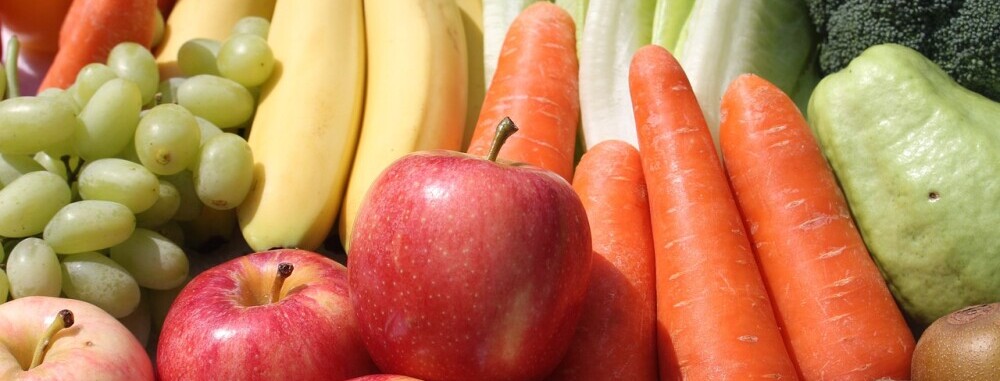 Acid reflux and GERD (Gastroesophageal Reflux Disease) are common digestive conditions that affect many people. Acid reflux happens when stomach acid flows back into the esophagus, causing discomfort and a burning sensation known as heartburn. When this happens frequently, it develops into GERD.
Acid reflux and GERD (Gastroesophageal Reflux Disease) are common digestive conditions that affect many people. Acid reflux happens when stomach acid flows back into the esophagus, causing discomfort and a burning sensation known as heartburn. When this happens frequently, it develops into GERD.
Various factors contribute to acid reflux and GERD. Common causes include overeating, obesity, consuming certain foods and drinks (like spicy foods, alcohol, and coffee), smoking, and even stress. Pregnancy and certain medications can also play a role.
Recognizing the symptoms is the first step toward managing these conditions. Apart from heartburn, individuals might experience regurgitation, trouble swallowing, and even chronic cough. If left untreated, GERD can lead to more severe health issues such as esophageal damage or Barrett’s esophagus.
Conventional treatments mainly focus on lifestyle changes and medications. Doctors typically recommend avoiding trigger foods, eating smaller meals, and losing weight. Over-the-counter antacids and prescription medications like proton pump inhibitors (PPIs) are commonly used to reduce stomach acid and provide relief. Lifestyle changes such as quitting smoking and elevating the head while sleeping can also make a significant difference.
 The Potential Benefits of CBD for Acid Reflux and GERD
The Potential Benefits of CBD for Acid Reflux and GERD
CBD, or cannabidiol, has been gaining attention for its widespread applications, including potential benefits for those suffering from acid reflux and GERD. Understanding how CBD interacts with the body is crucial. It influences the endocannabinoid system (ECS), which plays a role in regulating a variety of bodily functions, including digestion.
A growing number of studies and anecdotal reports suggest that CBD can help manage acid reflux symptoms. One of the primary ways it may help is through its anti-inflammatory properties. Inflammation in the esophagus is a common issue for those with acid reflux, and CBD’s ability to reduce this inflammation can provide much-needed relief.
CBD is also known for its pain-relieving effects. Given that acid reflux can cause significant discomfort, the analgesic properties of CBD can help reduce feelings of pain and discomfort associated with the condition.
While CBD may offer relief, it’s important to consider potential side effects. Some individuals may experience drowsiness, dry mouth, or changes in appetite. Thus, it’s advisable to consult with a healthcare provider before starting any new treatment, especially if you’re already on medication for your symptoms.
Incorporating CBD into your wellness routine can be straightforward. CBD oils, capsules, and gummies are popular options. Starting with a low dose and monitoring your body’s response can help you find the most effective regimen.
Complementary Natural Remedies: Fruits, Vegetables, and Herbs
Certain fruits, vegetables, and herbs can play a pivotal role in managing acid reflux and GERD. Let’s explore some of the best options you can include in your diet.
When it comes to fruits, apples and bananas are top choices. Apples are rich in fiber and pectin, which help strengthen the lower esophageal sphincter, inhibiting acid reflux. Bananas are alkaline and can neutralize stomach acid, providing relief from heartburn.
Vegetables are another great addition. Leafy greens like spinach and kale are low in acid and high in nutrients. Additionally, ginger is one of the most effective vegetables for managing acid reflux. It has natural anti-inflammatory properties that can soothe the digestive tract.
Herbs can also offer significant benefits. Chamomile is well-known for its calming effects and can ease digestive discomfort. Licorice root, particularly in the form of deglycyrrhizinated licorice (DGL), is another great option. It helps in forming a protective coating in the stomach and esophagus, reducing irritation from acid.
Including these natural remedies in your diet can make a big difference. For instance, a salad with leafy greens and ginger, coupled with a banana smoothie, can be both delicious and beneficial. Chamomile tea is a soothing way to end the day and supports digestion as you sleep.


Synergistic Effects: Combining CBD with Fruits, Vegetables, and Herbs
Combining CBD with natural remedies can amplify their benefits and help manage acid reflux and GERD more effectively. The key lies in understanding how these components work together to support digestive health.
CBD interacts with the endocannabinoid system to regulate various bodily functions, including inflammation and pain, while fruits, vegetables, and herbs offer nutritional and medicinal benefits. For example, combining CBD oil with a banana can provide both the soothing effects of CBD and the acid-neutralizing properties of bananas. Similarly, adding ginger to your meals while taking CBD can further enhance anti-inflammatory effects, offering more comprehensive relief.
Choosing the right combinations is critical. For instance, a morning smoothie with CBD oil, spinach, and an apple can make a nutrient-packed, anti-inflammatory start to your day. Alternatively, an evening cup of chamomile tea with a few drops of CBD can help you unwind and ease nighttime reflux symptoms.
Practical tips for incorporating these combinations include starting small and monitoring your body’s response. You might start with a low dose of CBD oil in your meals or beverages and gradually increase it as you become more comfortable. Listening to your body and adjusting based on how you feel is essential to finding an effective regimen.
Many people report positive experiences when combining CBD with these natural remedies. With consistency and mindful choices, you can create a routine that not only addresses your acid reflux or GERD but also enhances your overall well-being.